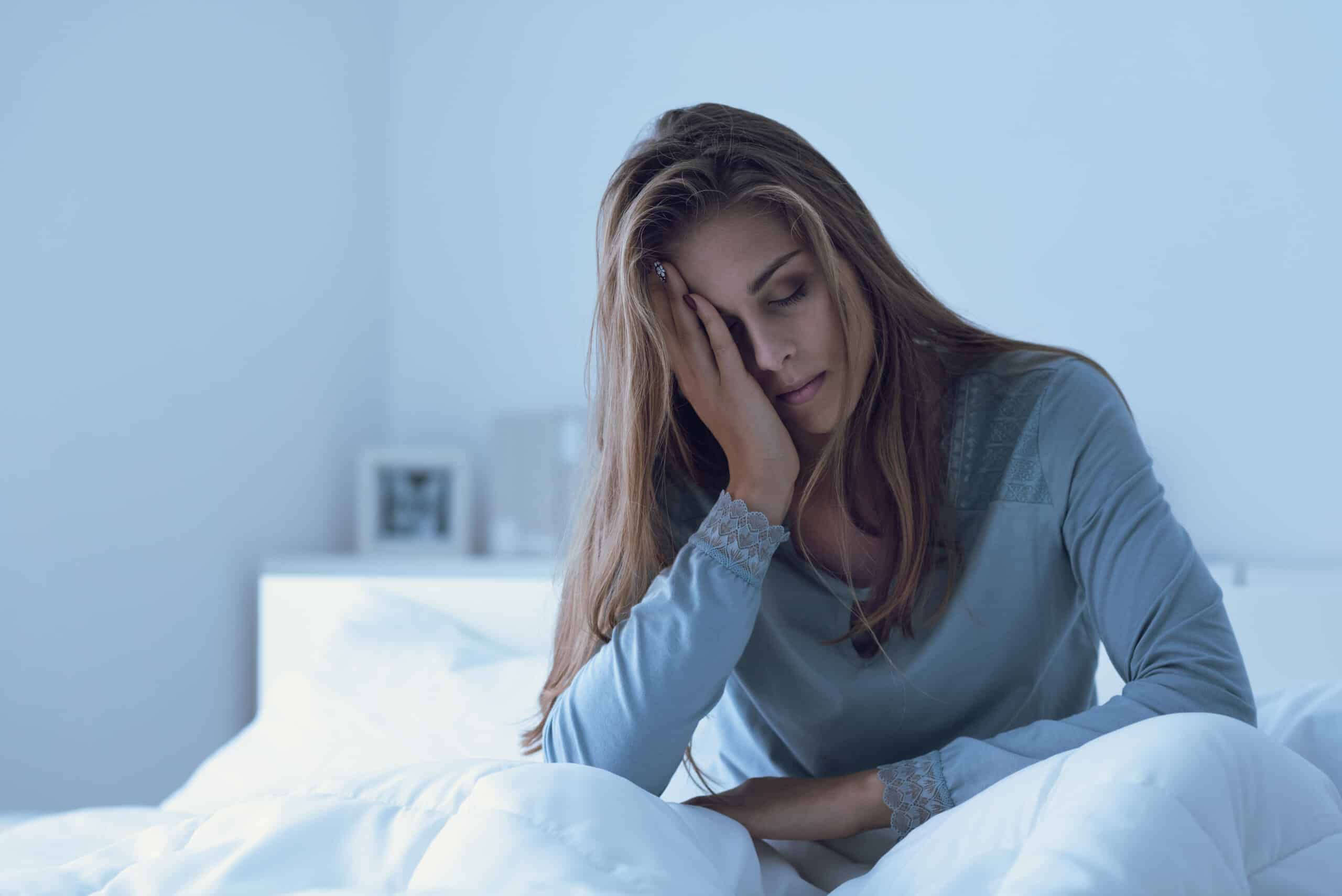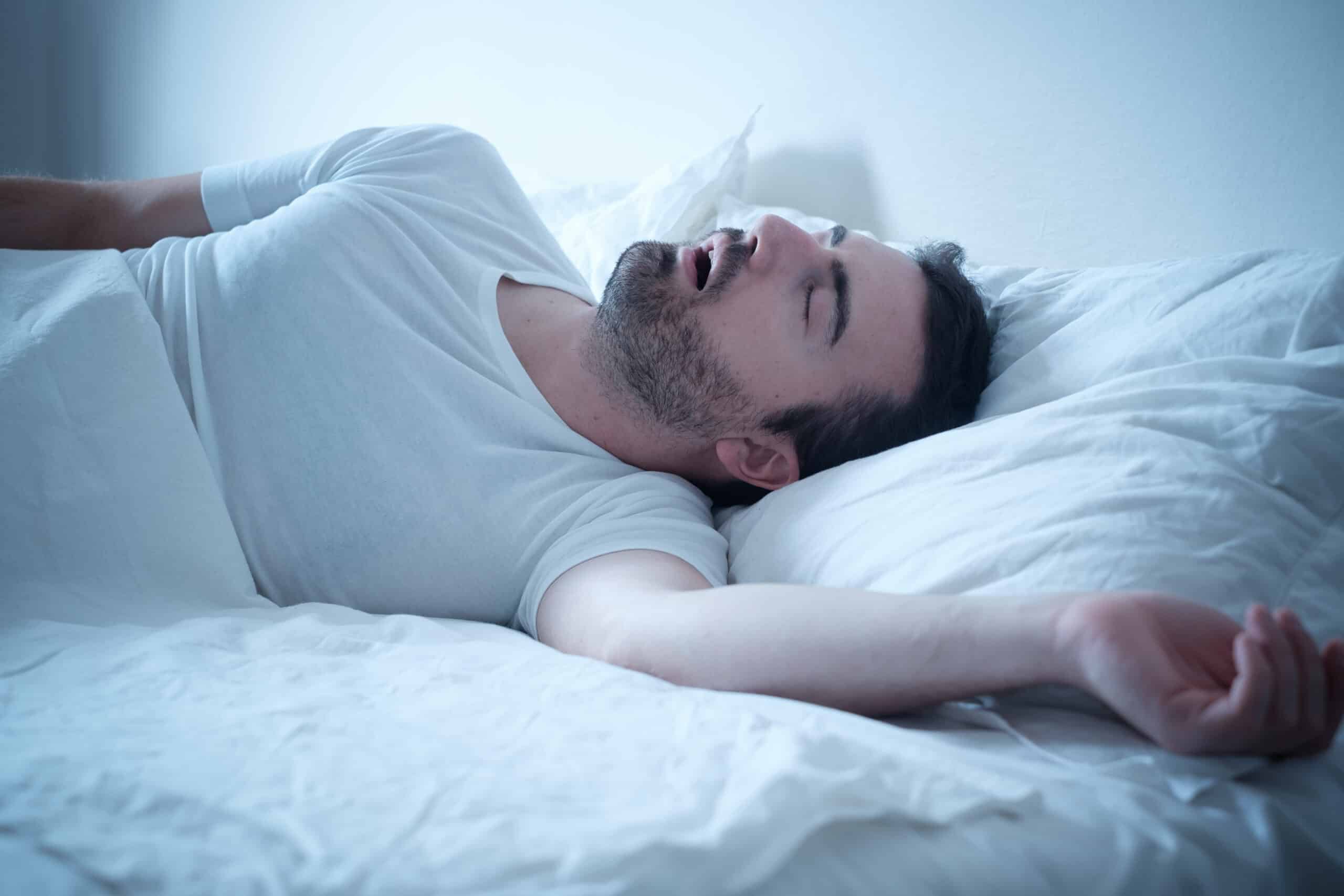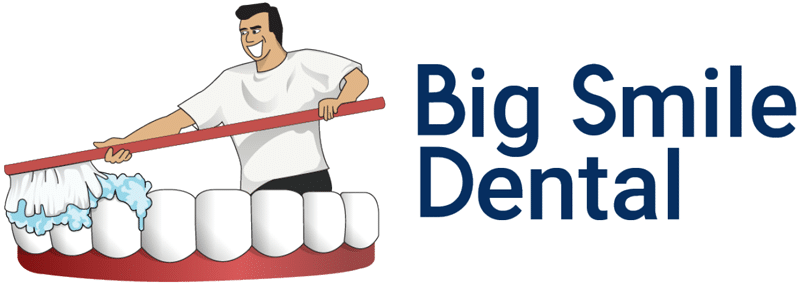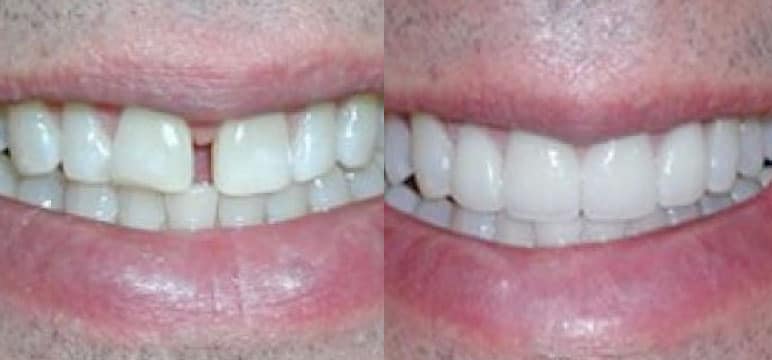
The Challenge of Sleep Disturbance
Sleep apnea presents itself as a disruptive and potentially alarming condition. At its core, it is characterized by recurring interruptions in your breathing patterns while you sleep. These interruptions, medically referred to as apneas, can manifest numerous times during the night. They disrupt the natural flow of your sleep and deprive you of the deep, restorative rest essential for your overall well-being.
Sleep apnea, characterized by breathing difficulties during sleep, comes in three main types. The most common is Obstructive Sleep Apnea (OSA), caused by a temporary blockage in the upper airway. This blockage can be due to various factors such as excess soft palate tissue, blocked sinuses, jaw misalignment, or the relaxation of mouth and jaw muscles during sleep. Another type, Central Sleep Apnea, is less common and occurs when the brain fails to send the necessary signals to the muscles responsible for breathing. This type is often associated with other severe medical conditions. The third type, Complex Sleep Apnea Syndrome, also known as treatment-emergent central sleep apnea, combines both obstructive and central sleep apnea. Individuals with sleep apnea typically remain unaware of their condition, often learning about it from a partner, family member, or roommate. Further information on sleep apnea causes, symptoms, and treatment options is available for those seeking more knowledge.
Understanding the Symptoms
Sleep apnea, a prevalent yet often overlooked sleep disorder, manifests through a spectrum of signs and symptoms that are crucial to recognize for timely intervention. Identifying sleep apnea typically starts with being vigilant about its characteristic symptoms. These may range from loud, persistent snoring, often described as thunderous, to more alarming signs such as abrupt awakenings, where one may find themselves choking or gasping for breath. It’s common for individuals with sleep apnea to experience excessive daytime sleepiness, a symptom that significantly impairs their ability to stay alert and focused during day-to-day activities. Additionally, people might frequently wake up with headaches, particularly in the mornings, struggle to concentrate on tasks, and exhibit noticeable mood changes, like increased irritability.

Unveiling the Root Causes
Understanding the underlying causes of sleep apnea is equally essential. This condition can stem from various factors, including physiological attributes and lifestyle aspects. Obesity or excessive weight, particularly around the neck area, can play a significant role, as can anatomical features like enlarged tonsils or adenoids that potentially obstruct the airway during sleep. Furthermore, a genetic predisposition to sleep apnea is also possible, with a family history of the condition being a notable risk factor. Recognizing these elements is critical in crafting an effective treatment plan customized to address the specific needs and circumstances of the individual affected.
When to Seek Professional Help
If you suspect that you or a loved one may be grappling with sleep apnea or have been experiencing any of its distressing symptoms, it is imperative to seek professional medical evaluation and intervention. Neglecting to address sleep apnea promptly can lead to severe health complications, including hypertension, cardiac issues, and impaired cognitive function.
Treatment and Holistic Management
Fortunately, the management of sleep apnea offers a ray of hope as it is a condition that can be effectively treated with a range of available options. The treatment strategies for sleep apnea are diverse and tailored to meet each individual’s specific needs. These can include lifestyle changes, such as adopting a healthier diet and exercise routine for weight management, which can significantly reduce the severity of symptoms. Positional therapy, which involves adjusting sleeping positions to improve breathing, is another non-invasive approach that can be beneficial.
In many cases, the use of medical devices plays a crucial role in treating sleep apnea. The Continuous Positive Airway Pressure (CPAP) machine is one of the most common and effective devices. This device provides a steady stream of air through a mask, keeping the airways open during sleep. It is particularly effective for those suffering from moderate to severe sleep apnea. For some individuals, especially those whose sleep apnea is attributed to specific anatomical issues, surgical options may be considered. These surgeries aim to remove or alter the physical obstructions in the airway, such as enlarged tonsils, adenoids, or excess tissue at the back of the throat.
Taking Charge of Your Health
Beyond the medical interventions, taking an active role in managing your health is vital in controlling sleep apnea. This involves a cooperative and proactive approach between you and your healthcare professionals. Consistently adhering to the recommended treatment plan, whether it involves lifestyle modifications, using a CPAP machine, or post-surgical care, is critical. Regular follow-ups at Big Smile Dental are essential to monitor the condition, make necessary adjustments to the treatment plan, and address any emerging issues. This holistic approach to managing sleep apnea alleviates symptoms and enhances overall health and quality of life.
Anticipating the Road to Recovery
The journey towards recovery from sleep apnea is a profoundly personal one, with the timeline for seeing improvements in symptoms varying wildly from individual to individual. For some, the relief from the troubling symptoms of sleep apnea may be almost immediate, offering a swift return to restful sleep. However, for others, the path may be more gradual, requiring patience and a longer duration to observe significant changes in their sleep quality. Consistent adherence to the prescribed treatment plan and maintaining open and regular communication with your healthcare provider is critical to navigating this journey. This collaborative approach ensures that your treatment is tailored to your unique needs, and adjustments can be made as necessary.
At Big Smile Dental in Chicago, our commitment to your sleep apnea journey is rooted in expertise, empathy, and a deep understanding of the complexities associated with this condition. We recognize the profound impact of sleep apnea on your overall quality of life – from daily energy levels to long-term health – and are dedicated to providing you with the support and care needed to overcome these challenges. By contacting us to schedule an evaluation, you’re taking a crucial step towards reclaiming your sleep and, by extension, your health and well-being. We invite you to embark on this path to restful, rejuvenating sleep with us. Your well-being is not just a concern but our utmost priority, and we are here to guide and support you every step of the way.
If you’re interested in more information about dental veneers or other dental restorative options, call Big Smile Dental today! Our team is happy to schedule a consultation at a time that works with your schedule.
Your new smile is waiting for you!


